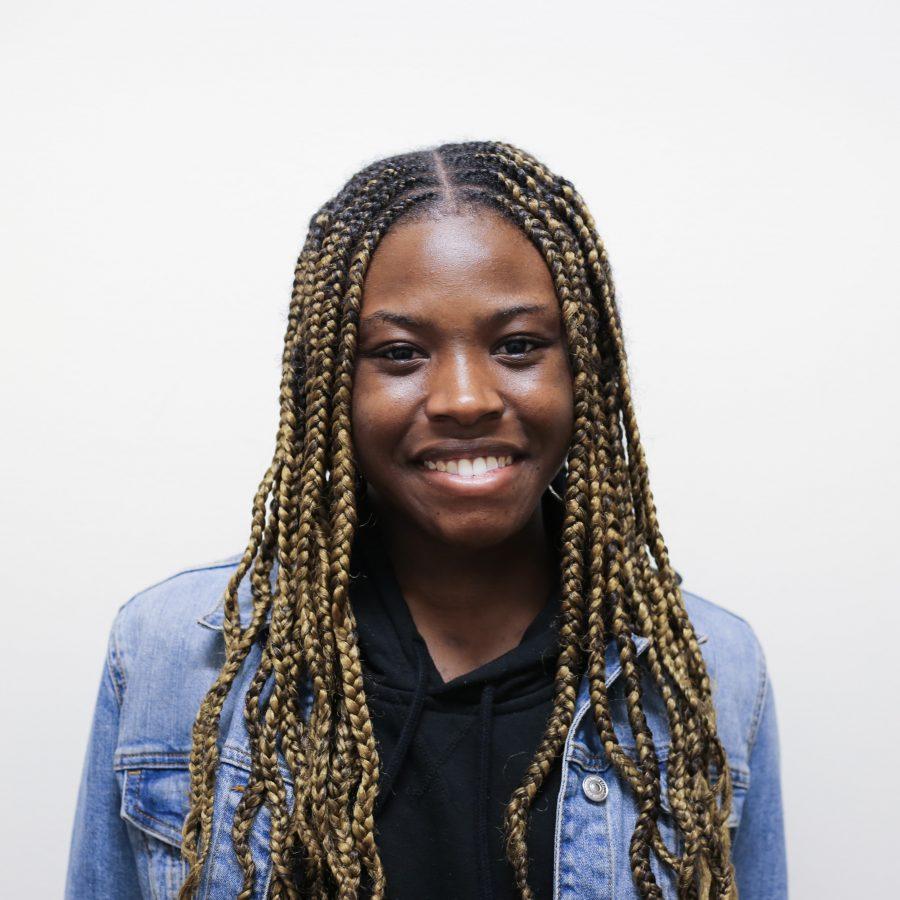I’m grateful that I have the opportunity to attend a school as prestigious as NYU. I’ve received a lot of praise from friends back home and job opportunities in my field of study, and it’s my parents’ favorite talking point at every family party. But while I’ve seen what the NYU name can do for me, I haven’t felt the same benefits when it comes to how the school actually treats me. Is the name really worth it if I have to spend four years feeling excluded?
I’m lucky enough to have fostered relationships in NYU’s black community thanks to my sorority, the Upper Echelon Tau Epsilon Chapter of Sigma Gamma Rho Sorority, Inc., NYU’s Opportunity Program and the Academic Achievement Program. Within these organizations, I’ve developed connections with faculty members, staff members and students allowing me not only to secure opportunities outside of NYU, but also to secure a safe space for me while I’m here. It’s nice to have a circle of people who listen to the concerns of a black student attending a predominantly white institution; once I leave these spaces, I’m just another black face to the rest of the student body.
I sat in class as one of the only black students and listened to my peers banter about the “Joker” box office numbers, production logistics and award prospects. I listened, respected their thoughts and, despite not being as interested in this movie as they are, tried to formulate my own opinion on it. But when I mentioned the opening of Tyler Perry Studios and its exemplification of growth in the black community, the conversation didn’t hold anyone’s interest for nearly as long as “Joker” did. My classmates even tried to switch the topic mid-conversation to discuss the “Avengers” franchise; instead of listening and respecting the point I wanted to make, my white peers took the conversation and steered it in their favor to overpower my voice.
In addition to this small but loud incident, during a Fraternity and Sorority Life retreat last January, one of the members of the Interfraternity Council fraternities boldly stated that he didn’t understand the negative effects of his white male privilege and lacked sensitivity for those who are marginalized. Despite several retorts, he failed to see the other side of the conversation and continued making inconsiderate comments.
The lack of meaningful inclusion of black students on campus reached a tipping point for me at a recent NYU event. On Oct. 1, artists Doov and 100 Gecs opened up the stage for the long-anticipated Pop Smoke concert held by NYU’s Program Board at the Kimmel Center for University Life. Both acts were given time to perform a multitude of songs as their predominantly white and Asian fans in the audience sang and danced along. Although unfamiliar with these artists, the black students in the crowd did not let this ruin their mood for the night; they recorded Instagram stories and danced around as they waited for the main act to arrive.
Before Pop Smoke took the stage, his DJ came out to hype the crowd up, playing popular hits such as “Welcome to the Party” and “Dior” in order to get folks ready for the rest of the night. Anticipating Pop Smoke’s appearance at any second, the entire crowd was amped up and dancing to the DJ’s set. But before the main act could emerge, Kimmel staff ruined the party. They told the crowd that commotion from the concert was causing building damage and that attendees had to vacate Rosenthal Pavilion immediately.
The crowd’s energy had been high from the beginning of the night and the news that this was causing building damage should have come much earlier. But the timing of the news’ delivery seemed to imply that it was only once black students started having a good time that the commotion became a problem. This situation exemplifies why black students feel excluded when it comes to campus-wide events.
But NYU and its white and Asian students remain in their own bubble, unaware of how their words and actions affect minority groups. Until they desire to right the wrongs they perpetuate inside and outside the classroom, black students will continue to be marginalized. The Program Board had elected to change the concert’s location from Eiser and Lubin Auditorium to Rosenthal Pavilion despite plenty of experience hosting on-campus concerts. The obvious lack of thought behind this decision is compounded by the fact that this event was attended mostly by black students: cutting the event short right before the arrival of the black main act is clear evidence of NYU’s lack of care for its black community.
Opinions expressed on the editorial pages are not necessarily those of WSN, and our publication of opinions is not an endorsement of them.
A version of this article appeared in the Tuesday, Oct. 15, 2019 print edition. Email Chinenye Onyeike at [email protected].


























































































































































